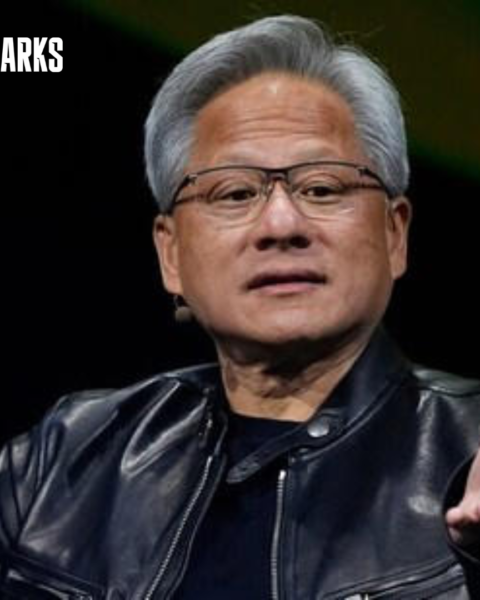China Companies Seek Growth Overseas Amid Domestic Economic Challenges

As China’s economy faces challenges in recovering from the pandemic, many Chinese companies are focusing overseas to find new growth opportunities.
Prominent examples like TikTok and Lenovo have already established themselves as global leaders, and others are following suit. This shift is driven by increased competition and market saturation within China.
International Expansion:
Companies such as electric vehicle makers BYD and Chery and consumer brands like Luckin Coffee are seeking international markets. Even Alibaba, a behemoth in e-commerce, is exploring opportunities beyond China’s borders as domestic growth slows.
“The current economic climate, characterized by increasing competition and market saturation within China, incentivizes companies to explore and establish a presence in international markets,” says Chris Pereira, founder and CEO of New York-based business consulting group iMpact, which assists Chinese companies in going global.
Surge in Outward Investment:
According to an EY report, China’s outward investment reached nearly $150 billion in 2023, a slight increase from the previous year.
Notably, investments in Belt and Road partner countries saw a significant rise of 22.6%. For the fifth consecutive year, Asia remained the top destination for Chinese mergers and acquisitions (M&A).
Chinese companies have concentrated their investments in technology, media, telecom, advanced manufacturing, mobility (including electric vehicles), and healthcare and life sciences. These sectors accounted for 53% of the total investments, highlighting strategic priorities aligned with global competitiveness.
Shift in Investment Strategy:
In contrast to the high-profile asset acquisitions of the 2010s, Chinese companies now prefer greenfield investments, setting up subsidiaries and facilities overseas. This strategy aligns with China’s “Made in China 2025” policy, which aims to enhance the global competitiveness of Chinese manufacturing.
Heightened geopolitical tensions and stricter foreign direct investment screening by the US, UK, and EU have influenced this shift. For example 2022, the German government blocked Chinese investments in two German chip companies due to national security concerns.
Decline in US Investments:
Chinese investment in the US has significantly decreased, from $46 billion in 2016 to less than $5 billion in 2022. This decline is attributed to increased trade tensions, stricter regulatory scrutiny, and geopolitical factors.
Chinese firms now favor markets in Southeast Asia, Europe, and Africa, which offer higher growth potential and more favorable regulatory environments.
Share This
Tony Boyce is a seasoned journalist and editor at Sharks Magazine, where his expertise in business and startups journalism shines through his compelling storytelling and in-depth analysis. With 12 years of experience navigating the intricate world of entrepreneurship and business news, Tony has become a trusted voice for readers seeking insights into the latest trends, strategies, and success stories.




















